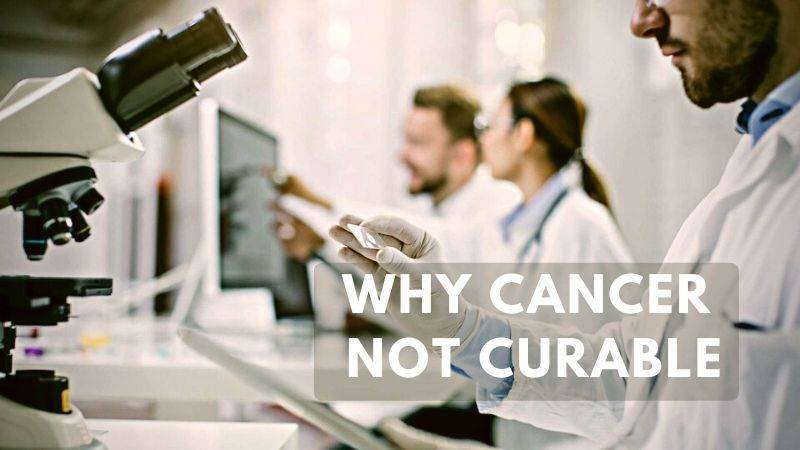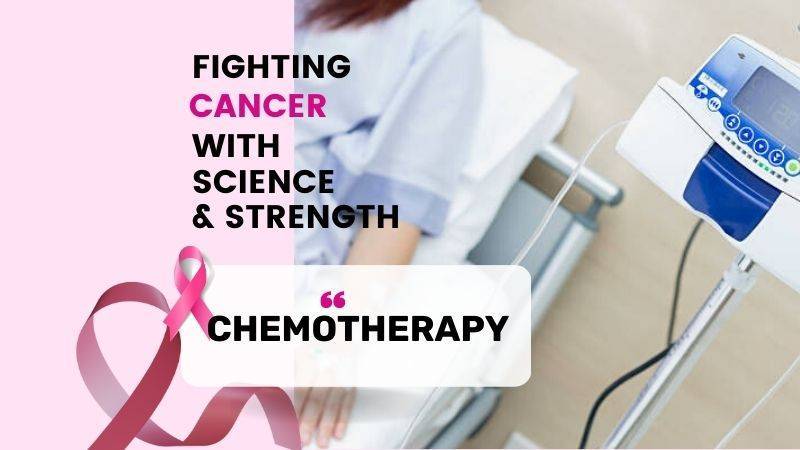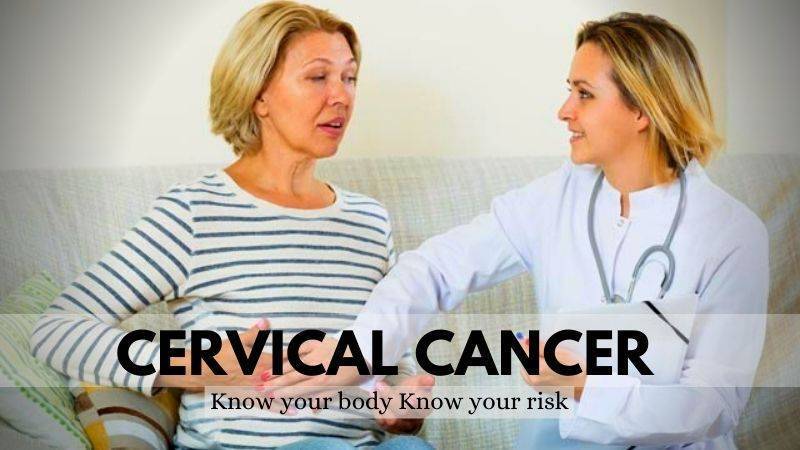“Uniting to Conquer Cancer: Working Together to Find a Cure”
Despite decades of research and billions of dollars spent on cancer research, it remains an incurable disease. This is because cancer is a complex and multifaceted disease, and it is difficult to develop treatments that are effective against all types of cancer.
Cancer cells can adapt and become resistant to treatments, making it difficult to find a cure. Despite these challenges, researchers are making progress in understanding the biology of cancer and developing new treatments that can help to improve the quality of life for those affected by the disease.
The complexity of Cancer: Why is it So Difficult to Cure?
Cancer is a complex and devastating disease that has been plaguing humanity for centuries. Despite the tremendous advances in medical science, cancer remains one of the most difficult diseases to cure.
This is due to several factors, including the complexity of the disease itself, the difficulty of detecting it in its early stages, and the lack of effective treatments.
Cancer is caused by a variety of factors, including genetic mutations, environmental exposures, and lifestyle choices. This complexity makes it difficult to identify the root cause of the disease and develop effective treatments.
The difficulty of detecting cancer in its early stages is another major factor in why it is so difficult to cure. Many cancers do not produce symptoms until they have already spread to other parts of the body, making it difficult to diagnose and treat the disease in its early stages.
Many cancers are difficult to detect with traditional imaging techniques, making it even more difficult to diagnose and treat the disease.
The lack of effective treatments is another major factor in why cancer is so difficult to cure. While there have been some advances in treatments, such as chemotherapy and radiation, these treatments are often not effective in treating advanced stages of cancer.
Many of these treatments have serious side effects, making them difficult to tolerate for many patients.
Unfortunately, until more effective treatments are developed, cancer will continue to be a major challenge for medical science.
Let us watch a video to know more about cancer curability
Cancer is not just one disease
Cancer is not just one disease; but a family of more than 100 related diseases that involve abnormal cell growth with the potential to invade or spread to other parts of the body.
This group of diseases is characterized by uncontrolled growth and the spread of abnormal cells, which can lead to serious illness and even death.
Cancer is one of the leading causes of death worldwide, and it is a devastating diagnosis for those affected. It is a major health concern, and it is a heartbreaking reminder of the fragility of life.
Cancer cells within a single tumor are not identical
Cancer cells within a single tumor are not identical, which is a disappointing reality. They may have different genetic characteristics means they may not respond to the same treatments or may have different susceptibilities to different treatments. This can make it difficult to treat cancer effectively, as some cells may be resistant to certain treatments.
The cancer cells can evolve, making them even more resistant to treatments. This makes it even more difficult to treat cancer, as the treatments may become less effective over time.
Treatments can eventually stop working
It is realized that treatments for certain medical conditions can eventually stop working. Over time, the body can become resistant to certain medications, or the condition may worsen to the point where the treatment is no longer effective.
In some cases, the treatment may need to be changed or adjusted to continue to be effective. It is important to discuss any treatment changes with a doctor to ensure that the best possible care is being provided.
Role of Stress in Cancer
Stress has long been linked to a variety of physical and mental health issues, and cancer is no exception. When a person experiences stress, their body releases hormones such as cortisol and adrenaline. These hormones can cause changes in the body that can lead to the growth and spread of cancer cells.
For example, cortisol can suppress the immune system, making it more difficult for the body to fight off cancer cells. Adrenaline can also increase inflammation, which can lead to the growth of cancer cells.
The link between stress and cancer is a cause for concern, as it is difficult to avoid stress in today’s world. However, some steps can be taken to reduce stress and its potential effects on cancer. These include exercising regularly, eating a healthy diet, getting enough sleep, and engaging in relaxation techniques such as yoga and meditation.
Technology in Cancer Treatment
The use of technology in cancer treatment has been limited to the diagnosis and monitoring of the disease. For example, imaging technologies such as X-rays, CT scans, and MRIs are used to detect and monitor tumors. These technologies can also be used to measure the effectiveness of treatments.
In addition, technology has not been able to provide a way to prevent cancer. While some preventive measures can be taken, such as avoiding certain environmental factors, there is no way to completely prevent cancer.
While technology has been able to provide some useful tools for diagnosis and monitoring, it has not been able to provide a cure or a way to prevent cancer. This is a reminder that, despite advances in technology, cancer remains one of the most difficult diseases to treat.
Alternative Medicine in Cancer Treatment
Some people believe that alternative medicine can be a viable option for treating cancer, while others think that it is not taken more seriously by the medical community.
The truth is that there is no scientific evidence to support the use of alternative medicine in cancer treatment. While some studies have suggested that certain alternative treatments may be beneficial, the results are inconclusive and more research is needed.
Many people turn to alternative medicine when they are desperate for a cure. They may be looking for a miracle, but the reality is that alternative medicine is not a reliable form of cancer treatment. In some cases, it may even be dangerous.
Alternative medicine can be expensive and time-consuming, and it can also interfere with conventional treatments. For example, some alternative treatments may interfere with chemotherapy or radiation, making them less effective.
The bottom line is that alternative medicine should not be used as a substitute for conventional cancer treatments. While it may be tempting to try alternative treatments, it is important to remember that they are not proven to be effective and could even be harmful.






